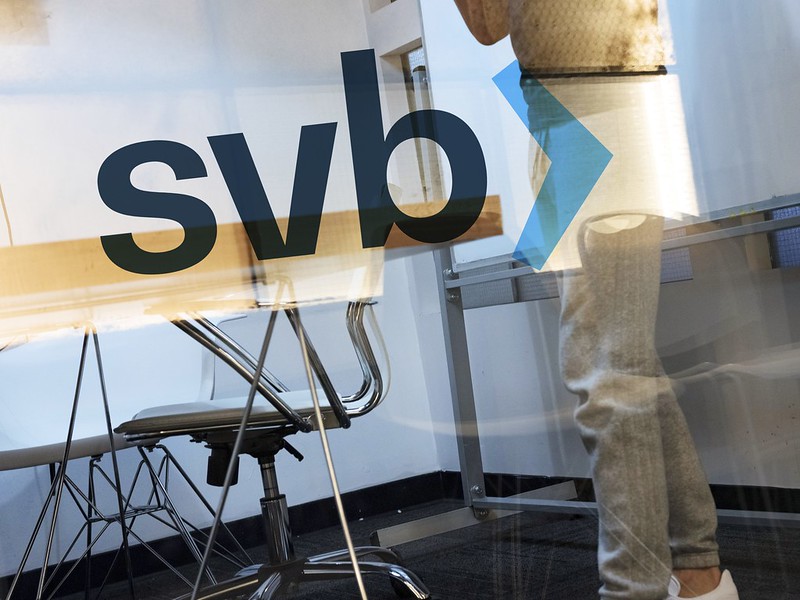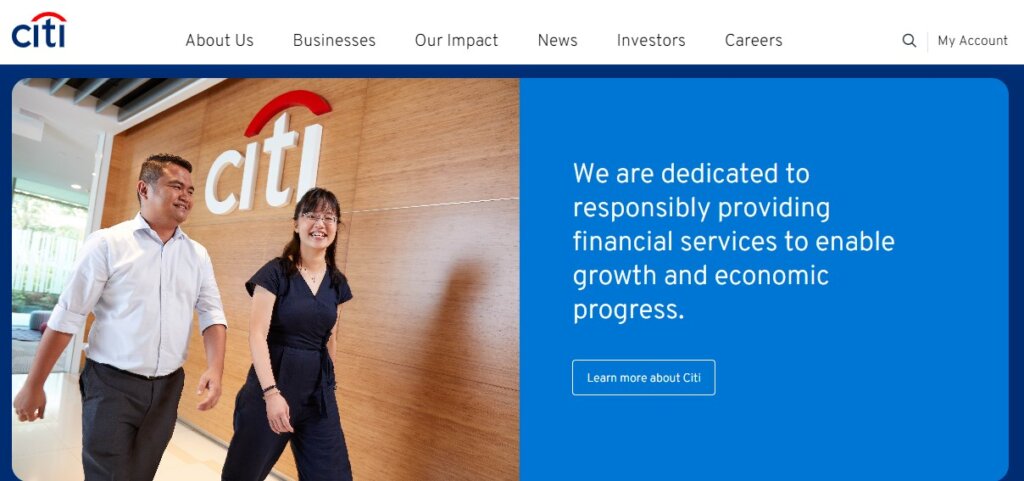Billions are invested by advertisers in video games, as over 50% of the US population engages in gaming.
Major brands such as Pepsi and Ally have revealed how they have successfully invested in video games as an advertising medium, despite facing challenges in getting approval across their organizations. Speaking at the IAB Playfronts conference in New York, marketers from Pepsi, Coty, and Mondelēz discussed how they have made sure their investments pay off by building campaigns that improve the gaming experience.
Pepsi, a veteran in video game advertising, makes sure to center its activations around in-game rewards and content, while Ally ensures that its campaigns are additive to the gameplay, such as by guaranteeing the price of digital goods in Animal Crossing. Working with influencers also helps brands stay relevant as video game culture constantly evolves.
However, advertising in video games requires a lot of collaboration and alignment across the company. Decision-making often comes from the innovation team, and marketers face difficulty selling video game campaigns to company leadership. The biggest challenge is developing a video game campaign that is not just a one-off but engages communities in the mid-to-long term. Despite the challenges, brands see video game advertising as a big opportunity to get in front of a large, engaged audience, with billions being invested in the gaming industry.
In Conclusion
Advertising in video games is proving to be a successful medium for many brands, with companies such as Pepsi, Ally, Mondelēz, and Coty revealing how they have seen big returns on their investments. Advertisers are pouring billions of dollars into the gaming industry to sponsor in-game advertisements, streaming ads, and sponsorships, targeting a large and engaged audience. However, brands face challenges when advertising in video games, such as getting alignment across the company and developing a long-term strategy that engages communities. Despite these challenges, investing in video games for the long term can help build a relationship with consumers and stay relevant in the ever-evolving gaming culture.




